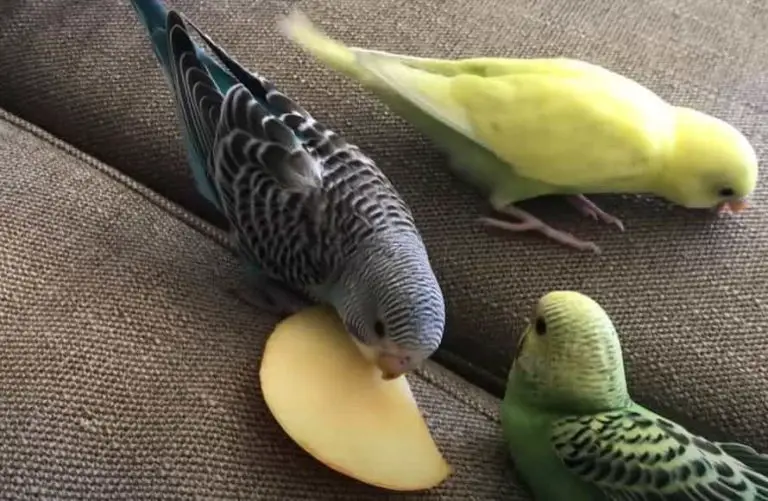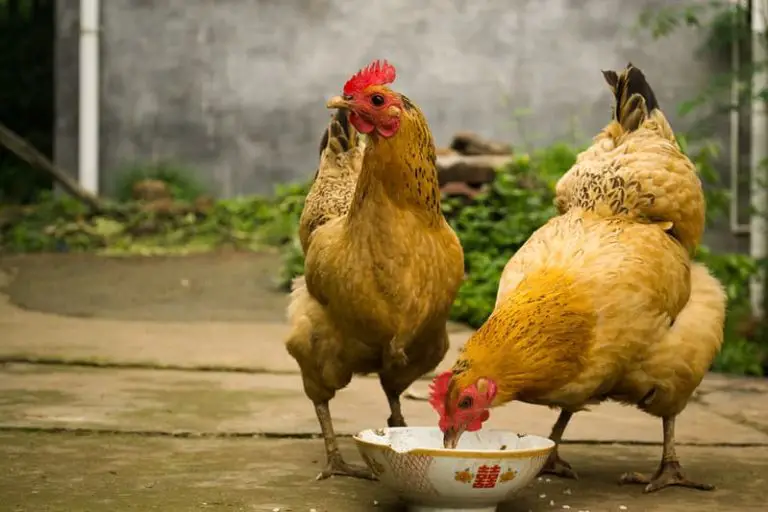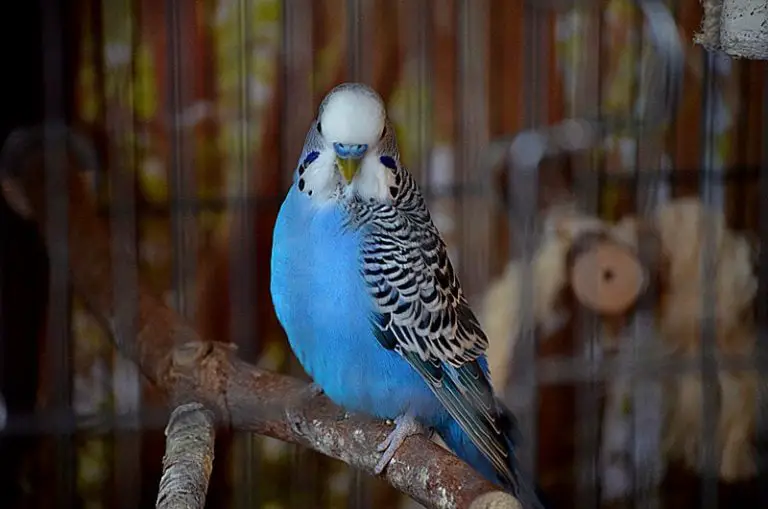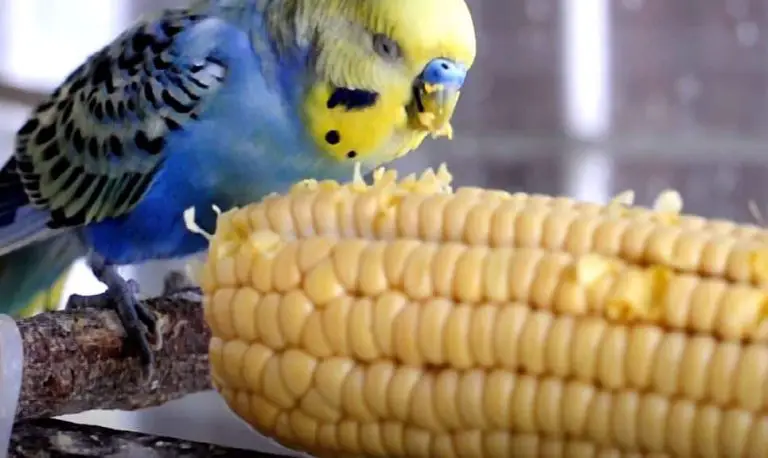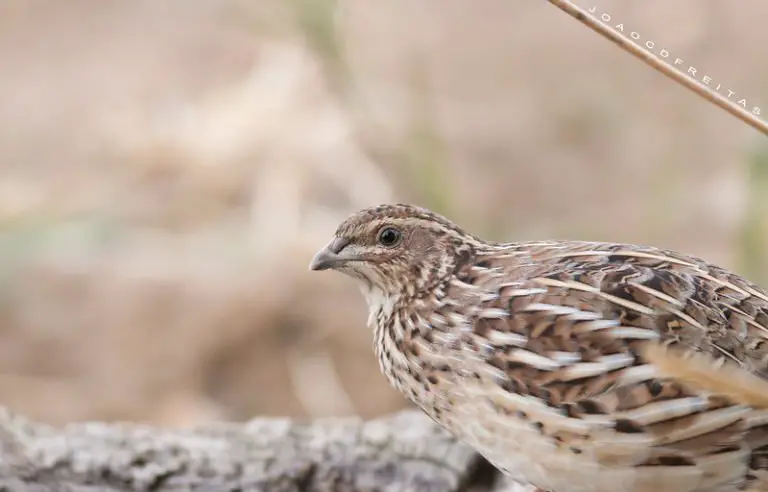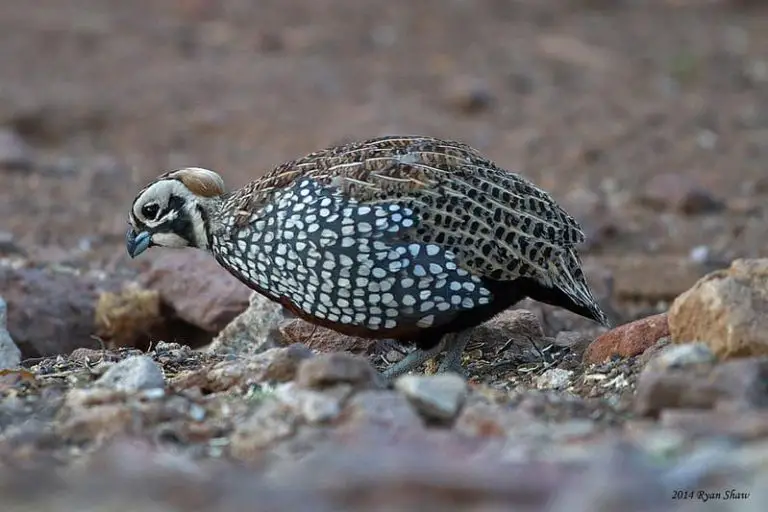Do Ducks Have Good Memory? (Clear Explanation)
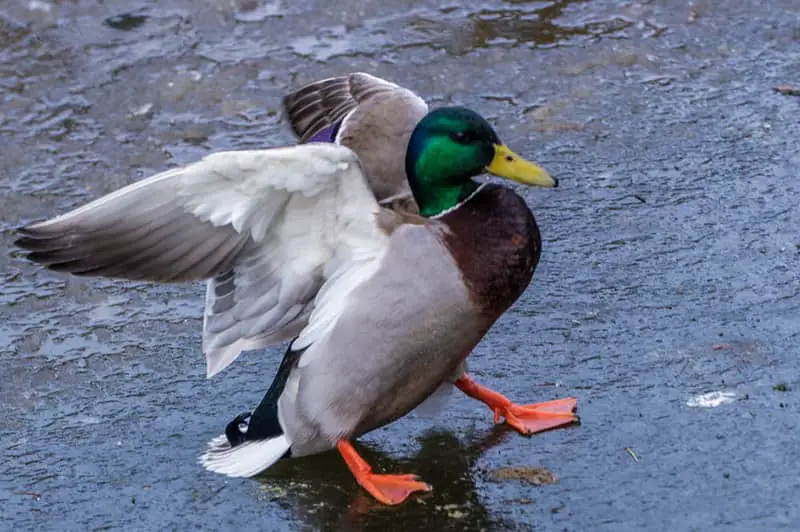
Ducks have a good memory, They may even have good long-term memory, but the memory in ducks is stored differently than in mammals. In fact, very little is known about how ducks store their memories, but some related studies have been conducted that may shed some light on this issue.
It should be remembered that ducks possess senses and abilities that can guide them to places much more easily than mammals do, but unlike mammals, ducks do not retain or consolidate their memories while they sleep.
Unlike ducks, sleep is very important for mammals to consolidate their memories. Although birds and mammals have similar sleep patterns, some brain rhythms that are important for consolidating memories have not been detected in birds.
There are two different types of sleep phases that birds and mammals share, REM (Rapid Eye Movement) sleep, which is a well-known sleep stage, during which the brain is still active but the muscles relax but the animal remains unresponsive to its environment.
During non-REM sleep, which is also called slow-wave sleep precisely because slower brain waves are perceived during this stage, it is in this stage of sleep that the memories of mammalian animals are reinforced.
Ducks don’t have a good short-term memory
The fact that ducks may have some long-term memory storage does not mean that they have good short-term memory, or that they can remember specific events.
In fact, in general, short-term memory is very poor in all animals, including birds such as ducks, which may seem surprising to us as humans, since we find it very easy to remember and usually overestimate the memory capacity of some animals.
Animals, unlike humans, do not remember specific events, they usually forget after a couple of minutes, they simply store or process information that could be useful for their survival and guide themselves or act instinctively.
To give you an idea, the dog, which is considered one of the most intelligent animals by humans, can forget any particular event in just a couple of minutes.
The same happens with other animals considered very intelligent, such as monkeys and dolphins, so imagine, the duck is one of the oldest birds and its senses are very basic, it is very likely that its short-term memory only lasts seconds.
A duck may get lost and find its way back, but this is most likely not due to its memory, they will rely on their developed instincts to find the place where they have felt safe and fed.
Do ducks remember humans?
As I mentioned, birds, like ducks, can store memory for survival, and remembering people’s faces is an act of survival.
Whether you feed it or chase it with the intention of scaring it away, ducks have the ability to remember your face, an instinctive behavior that helps them to survive.
If you feed a duck, it will be able to recognize your face in the long run. Muscovy ducks are often very recognizable in this respect, as they were one of the first domesticated ducks and also the only duck not derived from the Mallard.
Its ability to recognize people makes it an intelligent duck.
Do ducks know their name?
There are several cases of trained ducks, with surprising discipline, they can be trained to fish, to follow some kind of order and even to respond to their own name.
But how could a trained duck respond to a name? It is supposed to be an unconscious animal, but it can actually react to sound stimuli such as a name call.
This is understandable because of a type of memory that animals possess called sensory memory, apart from short term memory and long term memory there is this other type of memory of very short duration.
It consists of very brief mental stimuli, activated by some kind of sensory information, it can be visual, olfactory, or auditory, through this type of memory the duck can react instantly to a repetitive stimulus, such as a name.
It requires a lot of training and discipline, but it is something that can be achieved with perseverance.
Final arguments
There is no doubt that ducks are considered to be birds with a certain level of intelligence, personally, I would put them somewhere between geese and chickens.
Geese also present many characteristics of “intelligence”, but in my opinion geese are much more distrustful and surly and perhaps that is why their senses are a little “sharper”.
I read in research about ducks, that the brains of domesticated ducks are transformed, that is to say, the way their brains work is transformed when they are domesticated.
This is understandable because many things are made easier, but what does this have to do with the development of intelligence and memory? in my opinion, it has everything to do with it.
In ducks, memory and intelligence are survival skills, totally innate, for example, migratory birds such as some species of ducks have incredible abilities to remember and locate places.
However, the innate sense of survival in all ducks and their incredible abilities as migratory birds (even if domesticated) endows them with characteristics that could be categorized as good memory.

